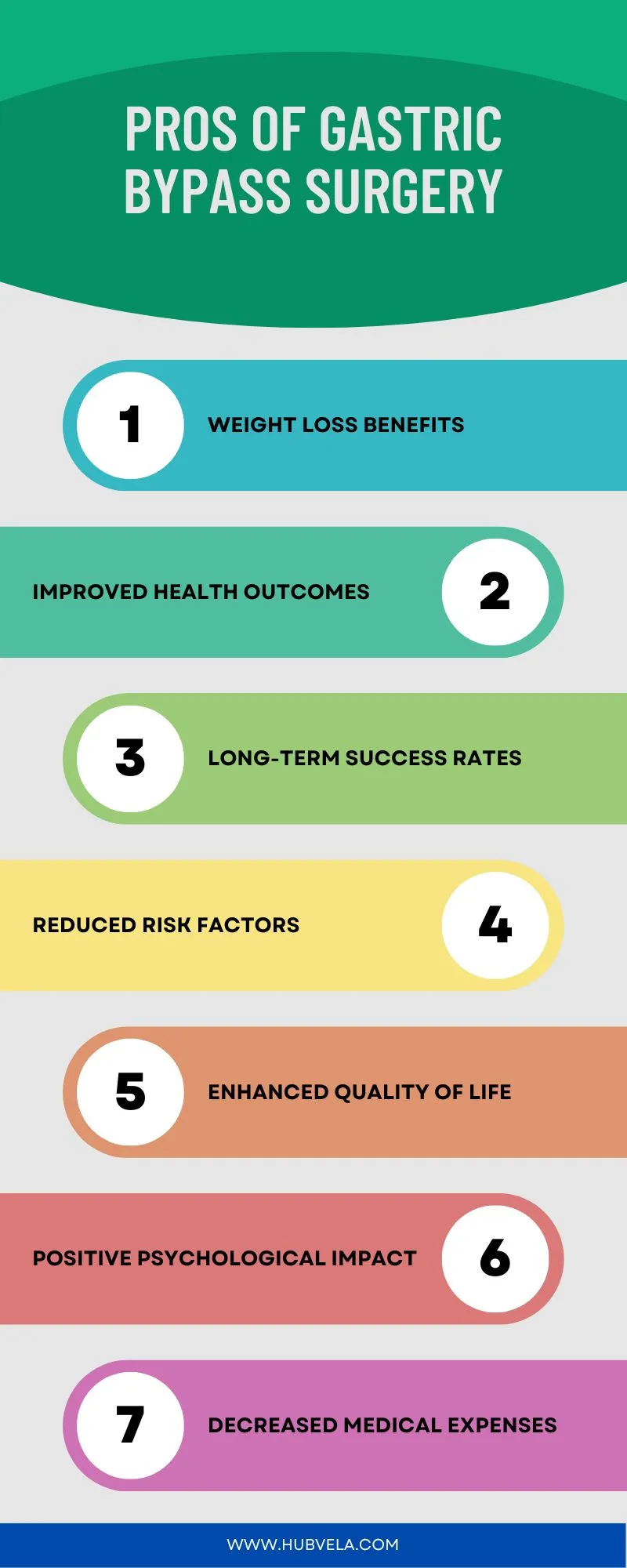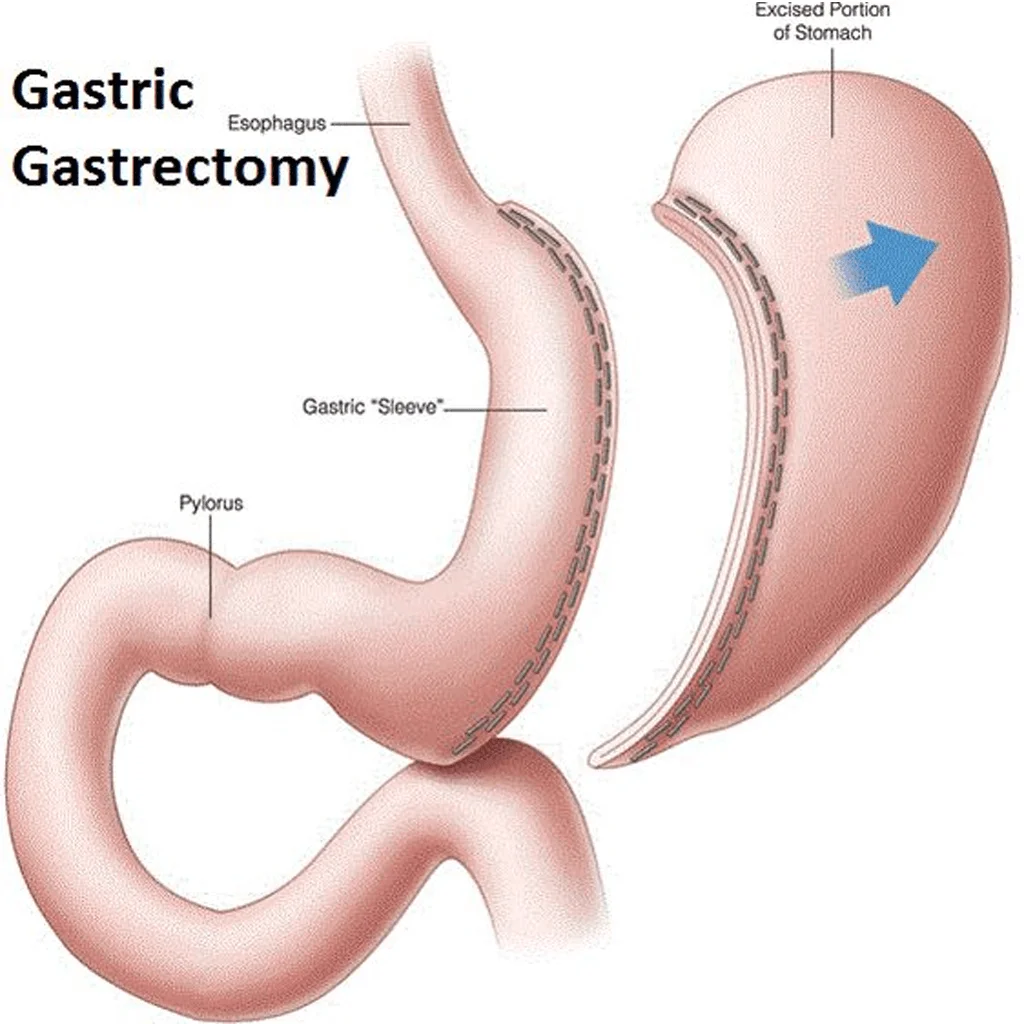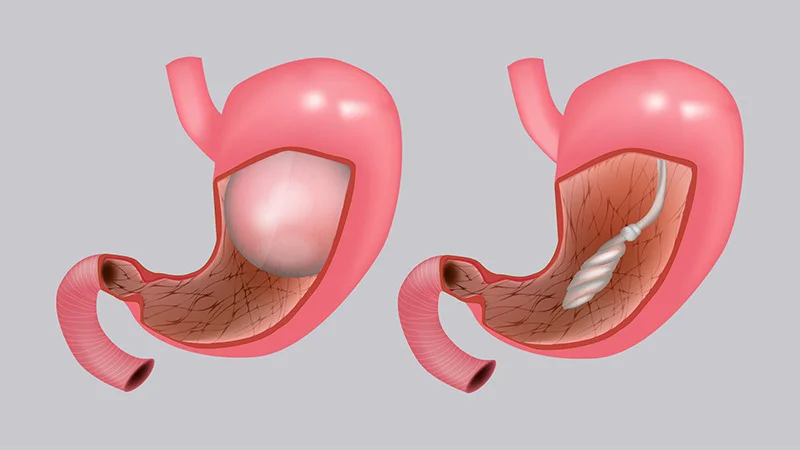7 Key Considerations for Sleeve Gastrectomy and Your Weight Loss Journey:
Sleeve gastrectomy, also known as gastric sleeve surgery, is a popular form of weight loss surgery designed to help individuals struggling with obesity achieve significant weight loss. While this procedure can be life-changing for many, it is not suitable for everyone. In this blog post, we will explore seven key considerations to determine if sleeve gastrectomy is the right choice for you.
Understanding Sleeve Gastrectomy
Before diving into the specifics of who may benefit from sleeve gastrectomy, it’s important to understand what the procedure entails.
What is Sleeve Gastrectomy?
7 Key Considerations for Sleeve Gastrectomy and Your Weight Loss Journey:
Sleeve gastrectomy is a type of bariatric surgery that involves the surgical removal of a significant portion of the stomach, leaving a tube-like structure or “sleeve.” This procedure restricts the amount of food that can be consumed at one time and alters hormones that affect hunger and satiety.
How the Procedure Works
- Surgery Preparation: The procedure is typically performed under general anesthesia. Patients will be required to follow a specific diet and undergo various pre-operative evaluations.
- Surgical Process: During surgery, the surgeon removes approximately 75-80% of the stomach. The remaining portion is shaped like a sleeve, which limits food intake.
- Recovery: After the surgery, patients are monitored in the hospital for a few days. They will gradually transition from a liquid diet to solid foods over several weeks.
Benefits of Sleeve Gastrectomy
- Significant Weight Loss: Patients can expect to lose a considerable amount of weight, often ranging from 50% to 70% of their excess body weight within the first year.
- Health Improvements: Many individuals experience improvements in obesity-related conditions, such as type 2 diabetes, hypertension, and sleep apnea.
- Minimal Hospital Stay: Compared to other types of bariatric surgery, sleeve gastrectomy typically requires a shorter hospital stay and recovery time.
1. Assessing Eligibility for Sleeve Gastrectomy
BMI and Weight Criteria
7 Key Considerations for Sleeve Gastrectomy and Your Weight Loss Journey:
To be eligible for sleeve gastrectomy, patients typically need to meet specific criteria:
- Body Mass Index (BMI): A BMI of 40 or higher is generally considered for surgery. Individuals with a BMI of 35 or higher who also have obesity-related health conditions may also qualify.
- Weight History: Candidates should have a history of unsuccessful attempts at weight loss through diet and exercise.
Medical Evaluation
A comprehensive medical evaluation is necessary to determine whether sleeve gastrectomy is appropriate. This includes:
- Pre-Operative Assessments: Blood tests, imaging studies, and consultations with healthcare professionals will help identify any underlying health issues.
- Psychological Evaluation: Mental health is a crucial component. Candidates may undergo psychological assessments to ensure they are prepared for the lifestyle changes required after surgery.
2. Considering Comorbid Conditions
Impact of Existing Health Conditions
Obesity often comes with various comorbid conditions that can influence the decision to undergo sleeve gastrectomy:
- Diabetes: Individuals with type 2 diabetes may see significant improvements in their condition after surgery, making them suitable candidates.
- Heart Disease: Those with existing heart issues should be closely monitored, as surgery poses additional risks.
- Sleep Apnea: This condition can be improved with weight loss, making surgery beneficial for many affected individuals.
Risks and Benefits
While sleeve gastrectomy can alleviate many health issues, it is essential to weigh the risks against potential benefits. Discuss these factors with your healthcare team to understand the implications fully.
3. Understanding Lifestyle Changes
Post-Operative Dietary Adjustments
Changing your eating habits is critical after sleeve gastrectomy. The reduced stomach size means patients must adapt to new dietary guidelines:
- Smaller Portions: Patients will need to eat smaller meals more frequently, focusing on high-protein, low-sugar foods.
- Nutritional Supplements: Due to the reduced stomach size, individuals may require vitamin and mineral supplements to prevent deficiencies.
Exercise and Activity Level
Incorporating physical activity is essential for long-term weight loss success:
- Gradual Increase in Activity: After recovery, patients should aim to include regular exercise in their routine to support weight loss and overall health.
- Building Healthy Habits: Establishing a sustainable exercise routine is vital for maintaining weight loss and improving overall fitness.
4. Psychological Considerations
Mental Health and Emotional Well-Being
Changing one’s lifestyle after sleeve gastrectomy involves significant emotional and psychological adjustments:
- Body Image Issues: Many patients may experience changes in body image and self-esteem. Addressing these feelings through counseling or support groups can be beneficial.
- Eating Behaviors: Some individuals may struggle with emotional eating or food-related habits post-surgery. It’s crucial to develop healthy coping mechanisms.
Seeking Support
Building a support system is vital for success. Consider joining support groups or working with a therapist who specializes in weight loss surgery.
5. Evaluating Long-Term Commitments
Commitment to Follow-Up Care
Changing your lifestyle with sleeve gastrectomy involves ongoing medical care:
- Regular Follow-Ups: Patients should schedule regular appointments with their healthcare team to monitor progress and address any concerns.
- Nutritional Counseling: Ongoing support from a dietitian can help maintain healthy eating habits and prevent nutritional deficiencies.
Long-Term Weight Maintenance
Understanding that weight loss is a lifelong journey is essential:
- Maintaining a Healthy Weight: Patients must remain committed to healthy eating and regular exercise to avoid weight regain.
- Lifestyle Changes: Embracing a healthier lifestyle is crucial for long-term success. This may involve making gradual changes to eating and activity levels.
6. Recognizing Potential Risks and Complications
Surgical Risks
As with any surgery, sleeve gastrectomy carries risks:
- Infections: Surgical site infections are a potential complication, requiring careful monitoring and care.
- Blood Clots: There is a risk of blood clots forming after surgery, which can be serious. Patients are often encouraged to move around as soon as possible post-operatively.
Long-Term Complications
Patients should also be aware of potential long-term complications:
- Nutritional Deficiencies: Due to the reduced stomach size, patients may not absorb nutrients as effectively, leading to deficiencies in vitamins and minerals.
- Gastroesophageal Reflux Disease (GERD): Some individuals may experience increased symptoms of acid reflux after surgery, which may require management.
7. Alternative Options to Consider
Other Bariatric Procedures
For some individuals, sleeve gastrectomy may not be the best fit. Other bariatric options include:
- Gastric Bypass: This procedure may be more suitable for patients seeking more significant weight loss or those with specific health conditions.
- Adjustable Gastric Banding: This less invasive option can be adjusted as needed, but it typically results in less weight loss compared to sleeve gastrectomy.
Making an Informed Decision
Discuss all available options with your healthcare provider. Understanding the pros and cons of each procedure can help you make an informed decision that aligns with your health goals.
Conclusion
Sleeve gastrectomy can be an effective weight loss solution for many individuals struggling with obesity, but it is not suitable for everyone. By considering the factors outlined in this blog post—health eligibility, comorbid conditions, lifestyle changes, psychological aspects, long-term commitments, potential risks, and alternative options—you can make a well-informed decision regarding your weight loss journey. Changing your lifestyle with sleeve gastrectomy requires dedication and support, but for many, it offers the opportunity for improved health and quality of life. Always consult with your healthcare team to determine the best path forward for your unique situation.





